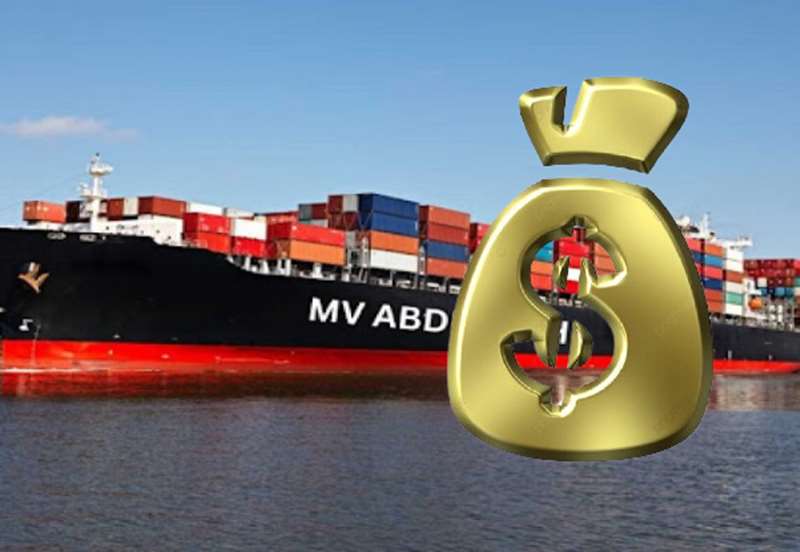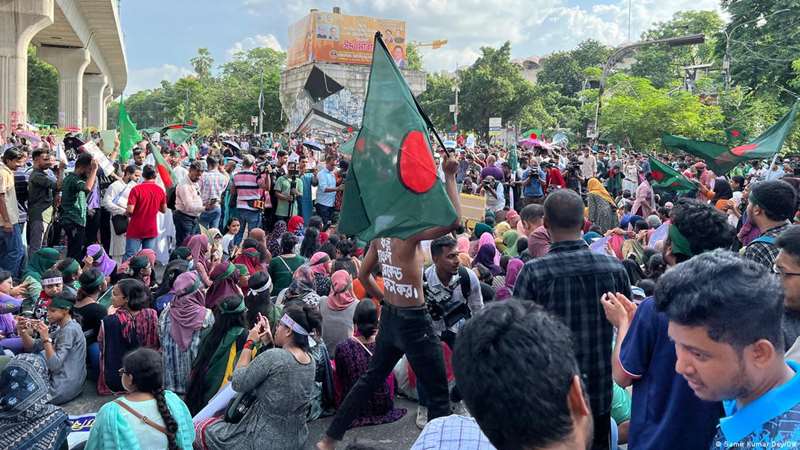How the hijacked MV Abdullah was freed

Hostage Bangladeshi ship MV Abdullah
In a dramatic turn of events, the saga of the MV Abdullah hostage crisis reached its conclusion as Somali pirates released the vessel following reported negotiations and a purported ransom payment. The incident, which unfolded over a period of weeks, has captured international attention due to its implications for maritime security and the safety of crew members.
MV Abdullah, a Bangladeshi ship, was hijacked by Somali pirates in the Indian Ocean on March 12. Following nine days of captivity, the pirates initiated negotiations with the ship's owners, demanding a ransom for the release of the vessel and its crew. The negotiation process involved multiple parties, including the Somali pirates, the ship's owners represented by the KSRM Group, and a London-based ship insurance company.
Details regarding the ransom payment remain shrouded in secrecy, with conflicting reports emerging from various sources. While official statements from the involved parties have been scarce, Somali local media outlets have claimed that the pirates received a ransom of five million dollars in exchange for releasing the ship.
The Chief Executive Officer of KSRM Group, Mehrul Karim, addressed reporters, stating that all procedures for the settlement of the ship had been conducted in accordance with international laws and regulations. However, specific details regarding the amount of the ransom and the circumstances surrounding its payment were not disclosed.
Despite the lack of official confirmation, multiple Somali media sources have reported the alleged ransom amount of five million dollars. Daily Somalia Online, Puntland Mirror, and Puntland Post have all cited local sources claiming that the pirates released the ship after receiving the negotiated sum.
Following the resolution of the crisis, MV Abdullah departed for Al Harmia port in the United Arab Emirates under the escort of two EU warships. The successful conclusion of negotiations and the safe release of the vessel mark the end of a tense standoff in the Indian Ocean.
However, questions linger regarding the broader implications of ransom payments in combating piracy and ensuring maritime security. The MV Abdullah hostage crisis serves as a stark reminder of the ongoing challenges faced by the shipping industry in navigating perilous waters plagued by piracy and criminal activities.
As stakeholders assess the aftermath of the incident, attention turns to bolstering measures aimed at preventing future hijackings and safeguarding the lives and livelihoods of seafarers navigating some of the world's most dangerous maritime routes.









.jpg)
পাঠকের মন্তব্য